The First Step to Work Wellness
Burnout isn’t just a trending topic—it’s a growing challenge in the dental profession. The constant juggle of patient care, administrative tasks, and high expectations can leave even the most passionate professionals feeling exhausted. And when burnout goes unchecked, it doesn’t just affect your work—it impacts your health, your relationships, and the quality of care you provide. In this first part of our two-part series, we’ll talk about the early warning signs of burnout and why recognizing them is the first step toward preventing it.
What Is Burnout?
Burnout is more than just feeling tired after a long day. It’s a state of physical, emotional, and mental exhaustion caused by prolonged stress. In dentistry, it often comes from a mix of long hours, repetitive procedures, patient expectations, and the emotional weight of providing care day in and day out.
Why Is Burnout So Common in Dentistry?
The unique demands of dentistry make it a high-risk profession for burnout. Consider these factors:
- Precision work in tight spaces means the level of focus needed can be exhausting.
- Time pressures sometimes equate to back-to-back appointments leaving little room to breathe.
- Patient anxiety can be difficult to manage because fearful or anxious patients add emotional stress.
- Business responsibilities extend workload far beyond patient care. Over time, these pressures can add up, making burnout feel inevitable. But recognizing it early can help you take action before it takes a serious toll.
Warning Signs to Watch For
If you’ve been feeling “off” lately, it’s worth checking in with yourself. Here are some common red flags:
- Emotional Exhaustion – Feeling drained before the day even begins. Simple tasks feel overwhelming.
- Detachment or Cynicism – Finding yourself less empathetic or more irritable with patients and colleagues.
- Loss of Accomplishment – Feeling like no matter how hard you work, it’s never enough.
- Physical Symptoms – Frequent headaches, muscle tension, trouble sleeping, or getting sick more often.
- Avoidance Behavior – Dreading work, arriving late, or putting off important tasks.
Who’s Most at Risk?
Burnout can happen to anyone in the dental field, but some professionals are especially vulnerable. New grads adjusting to the fast pace of practice, practice owners balancing patient care with business demands, hygienists and assistants managing back-to-back appointments all day and clinicians in high-pressure or understaffed environments are all susceptible. If any of this sounds familiar, you’re not alone. The good news? Burnout isn’t a dead end—it’s a signal that something needs to change!
Why Early Action Matters?
Ignoring burnout won’t make it go away. Left unchecked, it can lead to long-term health problems, strained relationships, and dissatisfaction with a career you once loved. But recognizing the signs early gives you the chance to reset, realign, and rediscover joy in your work.
What’s Next?
In Part 2, we’ll dive into practical ways to prevent and recover from burnout. We’ll cover:
- Simple self-care habits that make a real difference,
- How to build a strong, supportive team culture,
- Easy ways to integrate wellness into your daily routine.
Stay tuned—because your health and happiness are just as important as your patients’.

